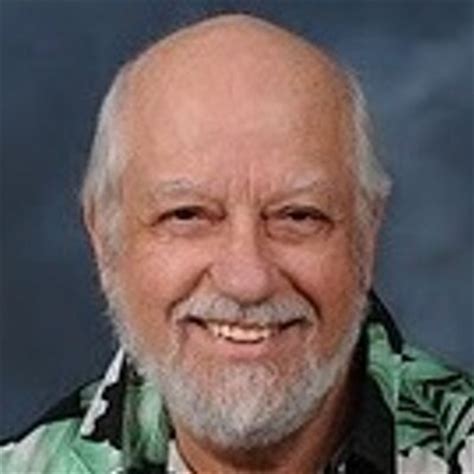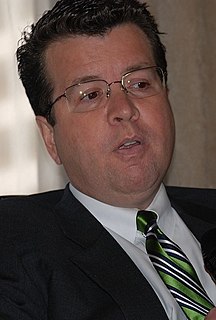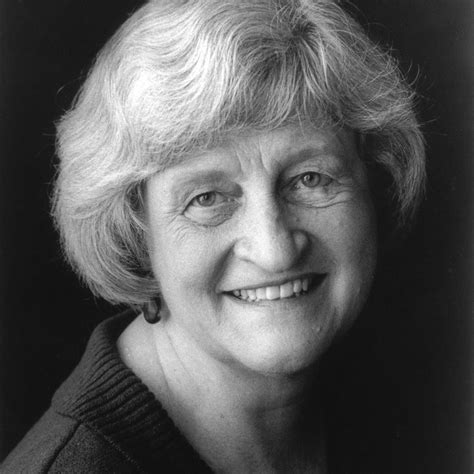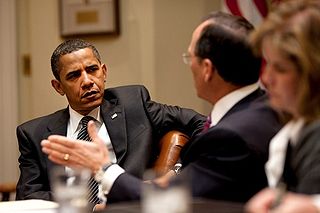A Quote by Michael Pollan
While it is true that many people simply can't afford to pay more for food, either in money or time or both, many more of us can. After all, just in the last decade or two we've somehow found the time in the day to spend several hours on the internet and the money in the budget not only to pay for broadband service, but to cover a second phone bill and a new monthly bill for television, formerly free. For the majority of Americans, spending more for better food is less a matter of ability than priority. p.187
Quote Topics
Ability
Afford
After
Better
Bill
Both
Broadband
Budget
Cover
Day
Decade
Either
Food
Found
Free
Hours
Internet
Just
Last
Last Decade
Less
Majority
Many
Matter
Money
Monthly
More
New
Only
Pay
People
Phone
Priority
Second
Service
Several
Simply
Somehow
Spend
Spending
Television
Than
Time
True
Two
Us
While
Related Quotes
Every peasant cuisine has incredible ingenious tricks for getting a lot of nutrition out of a small amount of ingredients. There are people who don't have the money to invest in better food, but perhaps they have the time. There's a trade-off: The more time you're willing to put into food preparation, the less money you have to spend.
In 1970, Americans spent about $6 billion on fast food; in 2000, they spent more than $110 billion. Americans now spend more money on fast food than on higher education, personal computers, computer software, or new cars. They spend more on fast food than on movies, books, magazines, newspapers, videos, and recorded music—combined.
Where taxes are concerned, there are two clear-cut points of view. There are those who think they're too high and those who think they should be even higher because, after all, politicians spend our money far more wisely than we do. The obvious solution I'd propose is that the people in the first group would pay less and those in the second group would pay more. Lots more.
We are compelled to work more hours per day, receive less pay per hour, pay more for what we buy, and recieve less for what we sell. The consequence is that we must work harder and more hours per day than we should, and in the end have less than what is due to us as our part of the advantages, conveniences and opportunities resulting from advancing civilization.
(Howard Dean) is proving that the Internet is a better, cheaper, and faster way to raise money than the old glad-handing of special interests and fat cat donors. He's also about to demonstrate that the Internet is a better place to spend campaign dollars than are TV stations and media time buys. The fact that Internet communications is free makes one-on-one retail politics more effective, more rapid, and less costly than mass communication.
No matter what anyone may say about making the rich and the corporations pay the taxes, in the end they come out of the people who toil. It is your fellow workers who are ordered to work for the Government, every time an appropriation bill is passed. The people pay the expense of government, often many times over, in the increased cost of living. I want taxes to be less, that the people may have more.
When you pay a hospital bill, you're really paying two hospital bills - one bill for you because you have a job and/or insurance and can pay the hospital. and another bill, which is tacked onto your bill, to cover the medical expenses of someone who doesn't have a job and/or insurance and can't pay the hospital.
The rich pay more in total taxes now than ever before - ever. It's true. Just like it's true that when the rich are convinced they're going to be taxed more, they spend less. And when the top few percenters don't spend, there goes all your spending, because they account for half of all retail spending.
Let us never forget this fundamental truth: the State has no source of money other than money which people earn themselves. If the State wishes to spend more it can do so only by borrowing your savings or by taxing you more. It is no good thinking that someone else will pay - that 'someone else' is you. There is no such thing as public money; there is only taxpayers' money.
One can never be too rich or too thin' is an aphorism attributed to the Duchess of Windsor. Being both rich and thin is a difficult enterprise, indeed almost unprecedented as an ideal. Into the paradoxical gap between the capacity to spend money and the need to eat less steps a brilliant solution: 'light' food. In buying 'light' food we can pay more for what costs less to produce in the first place.
Wherever we are, any time of night or day, our bosses, junk-mailers, our parents can get to us. Sociologists have actually found that in recent years Americans are working fewer hours than 50 years ago, but we feel as if we're working more. We have more and more time-saving devices, but sometimes, it seems, less and less time.




































